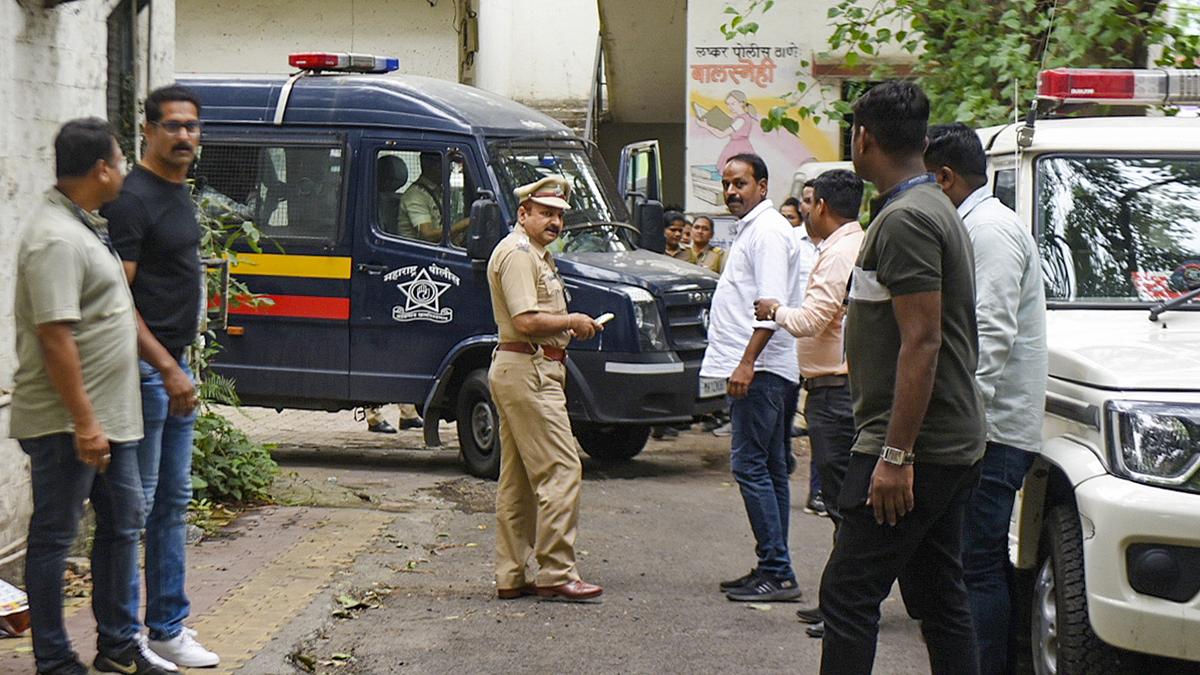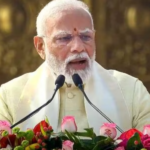The Pune Porsche crash was a tragedy that shook the foundations of the city of Pune, which is not only famed for its lively culture but also for its streets that are always teeming with activity. This occurrence, which ended in numerous fatalities, caused shockwaves to go throughout the community, which in turn sparked significant outrage and calls for individuals to provide answers. The involvement of medical personnel from Sassoon Hospital became the focus of attention as more information about the accident became available. This brought to light the role that these individuals played in the sequence of events that led up to the disaster. The government took fast action in response to the growing pressure and public uproar, appointing a commission consisting of three individuals to investigate the crash and address issues over medical accountability (also known as “medical accountability”). An investigation into the complexities of the Porsche accident that occurred in Pune is the purpose of this essay. It will investigate the response of the government as well as the broader ramifications for medical ethics and responsibility.
Background and context: The catastrophe that occurred in Pune involving the Porsche occurred on a tragic evening, when a luxury car careened off the road, culminating in a collision that was quite destructive. As a result of the collision, a number of people lost their lives, and the community is still reeling from the effects of the tragedy. Immediately following the tragic event, inquiries were made concerning the sequence of events that led up to the collision and the elements that played a role in the severity of the accident. The initial investigations indicated that there was a possibility of medical negligence, with suspicions around the behavior of two doctors from Sassoon Hospital. These doctors were allegedly involved in the care of patients who were related with the incident.

Response from the administration: In light of the seriousness of the situation, the administration did not spare any time in taking action. There was a need for a comprehensive and objective inquiry, thus a panel consisting of three individuals was established to investigate the Porsche accident that occurred in Pune and to investigate the role that medical experts played in the aftermath of the accident. A panel consisting of specialists from a variety of professions was tasked with the responsibility of deciphering the nuances of the case and determining whether or not there were any violations of medical protocol or professional behavior. The speed with which the government responded demonstrated its dedication to transparency and accountability, indicating that it is taking a proactive approach to addressing the concerns of the general public and ensuring that justice is served to the victims and their families.
Medical Accountability The topic of medical accountability lies at the heart of the investigation into the collision involving the Porsche in Pune. The ethical norms and practices that are observed within the medical community have been called into significant doubt as a result of allegations of negligence and wrongdoing on the part of healthcare workers. Since they are the guardians of public health and safety, physicians and other medical staff members have been entrusted with the sacred duty of placing the well-being of patients above all other concerns. When this duty is violated in any way, not only does it put the lives of individuals in jeopardy, but it also undermines the public’s faith in the healthcare system more generally. At the same time as the arrest of the two doctors from Sassoon Hospital serves as a vivid reminder of the repercussions of breaching this trust, it also highlights the necessity of strict oversight and accountability procedures within medical institutions.

The accident involving the Porsche in Pune serves as a depressing reminder of the intricate relationship that exists between the responsibilities of medical professionals and the protection of the general population. The tragedy has far-reaching repercussions for the governance and delivery of healthcare, in addition to the immediate ramifications it entails. This underscores the significance of having strong regulatory frameworks and ethical principles in place to protect the well-being of patients and maintain the integrity of the professional community. Furthermore, it highlights the necessity of continuous education and training in order to develop a culture of accountability and ethical behavior among those who work in the healthcare industry. By addressing systemic issues and cultivating a culture of transparency and accountability, the authorities have the potential to reduce the likelihood of future tragedies that are comparable to the one that occurred and to restore faith in the healthcare framework.








